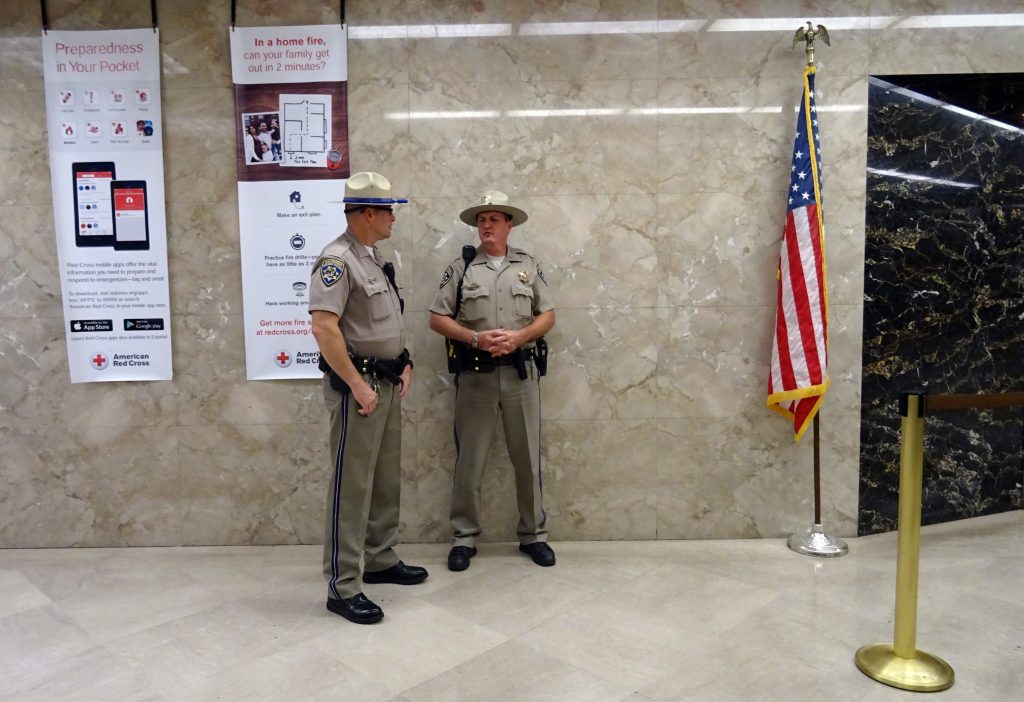 In an era where workplace equality and fairness have gained significant prominence, it is crucial to be aware of the robust safeguards provided by federal law. Title VII of the Civil Rights Act serves as a formidable shield, offering protection to employees who have experienced retaliation or discrimination based on factors such as race, gender, and more. While many individuals may be unaware of their rights, understanding the scope and power of Title VII is essential for fostering a work environment free from bias and ensuring that justice prevails
In an era where workplace equality and fairness have gained significant prominence, it is crucial to be aware of the robust safeguards provided by federal law. Title VII of the Civil Rights Act serves as a formidable shield, offering protection to employees who have experienced retaliation or discrimination based on factors such as race, gender, and more. While many individuals may be unaware of their rights, understanding the scope and power of Title VII is essential for fostering a work environment free from bias and ensuring that justice prevails
Many people are unaware that federal law protects them from retaliation that results from them filing a lawsuit against their employer under Title VII. See 42 U.S.C. § 2000–3(a). Even if you are not fired, you might still be able to bring a lawsuit against your employer if you suffer other adverse actions, such as being denied a promotion. However, there are strict requirements that must be met to succeed in such a claim.
Edward Smith was a security guard for G4S Secure Solutions (“G4S”) and worked at the Woman’s Hospital in Baton Rouge, Louisiana. Several years before the instant lawsuit, he filed an EEOC charge against G4S’s predecessor claiming discrimination in an unrelated event. Approximately six years later, Smith was denied a promotion to become a Custom Protection Officer.
He subsequently sued G4S and the Woman’s Hospital and claimed race discrimination and retaliation in violation of Title VII. There were strict requirements, such as required college degrees and training, needed to become a Custom Protection Officer. The trial court granted the Defendants’ motions for summary judgment for the retaliation and discrimination claims.
An appellate court reviews a trial court’s grant of summary judgment de novo and uses the same standard as the trial court. Summary judgment is appropriate if there are no genuine disputes about material facts. See Fed. R. Civ. P. 56(a).
Because there was no direct evidence of discrimination, to succeed with his discrimination claim, Smith needed to show that (1) he was part of a protected class; (2) he was qualified for the promotion to which he applied; (3) he did not receive the promotion; and (4) someone outside the protected class got the position. On appeal, the appellate court agreed with the trial court that Smith did not provide any evidence that a non-black individual filled the position to which he applied.In addition, for the claims against Woman’s Hospital, the appellate court agreed there was no evidence Woman’s Hospital was Smith’s employer.
For his retaliation claims, Smith needed to show that (1) he engaged in an activity protected by Title VII; (2) he suffered an adverse employment action; and (3) there was a causal connection between the protected activity and the adverse employment action. Here, the purported adverse employment action (the promotion Smith was denied) occurred six years after he brought the charge under the EEOC. Moreover, there was no additional evidence suggesting a causal connection between his protected activity and the adverse employment action. Therefore, the trial court did not err in granting summary judgment for the discrimination or retaliation claims.
Empowering employees and upholding their rights is a cornerstone of a just and equitable society. As we conclude our exploration of the protection afforded by Title VII against retaliation and discrimination in the workplace, it becomes evident that knowledge and awareness are crucial weapons in the fight against injustice. By recognizing the strict requirements and legal standards necessary to succeed in such claims, individuals can navigate the complexities of the legal system more effectively.
Seeking guidance from experienced legal professionals empowers employees to challenge unfair practices, foster a culture of equality, and pave the way for a more inclusive and respectful working environment. Let us stand together in championing the principles of Title VII and working towards a future where every employee can exercise their rights without fear of retaliation or discrimination.
Additional Sources: Edward Smith v. Woman’s Hospital; G4S Secure Solutions
Written by Berniard Law Firm
Additional Berniard Law Firm Article on Racial Discrimination: Blue Cliff College Overcomes Claim of Racial Discrimination Louisiana Employment Discrimination Case Fails Due to Summary Judgment
 Louisiana Personal Injury Lawyer Blog
Louisiana Personal Injury Lawyer Blog

